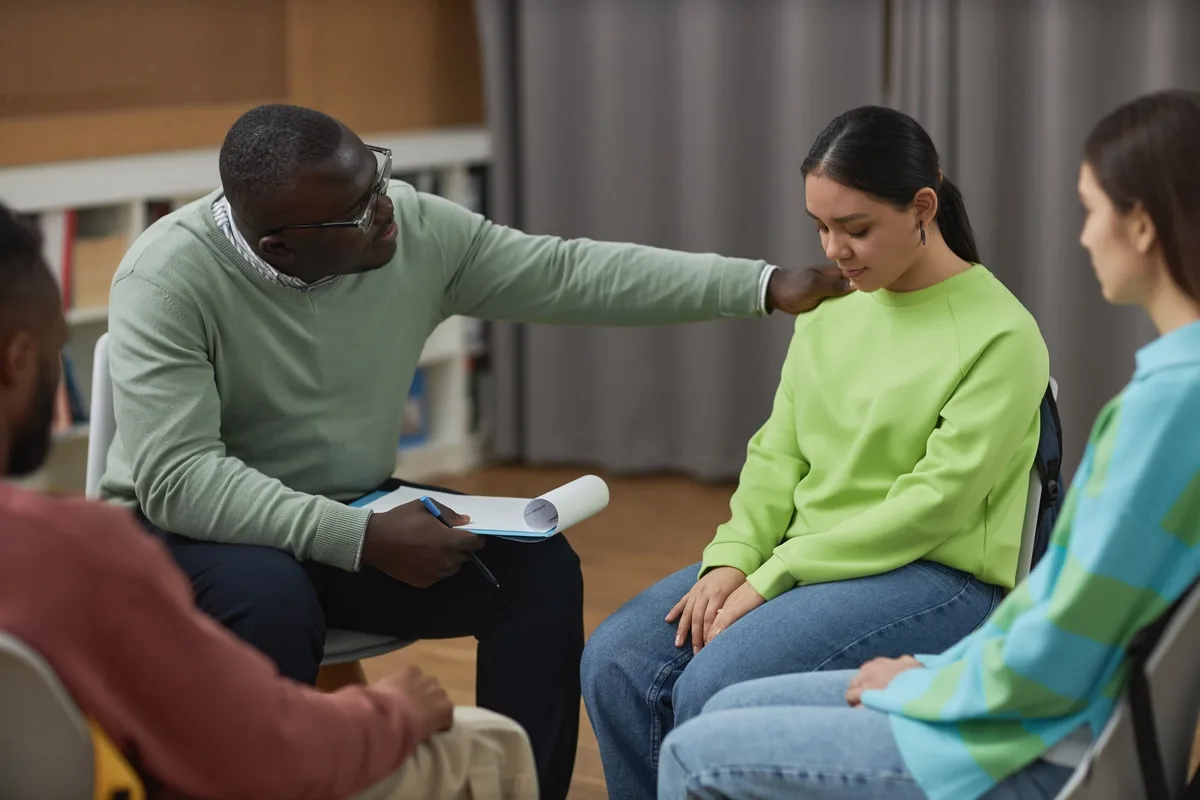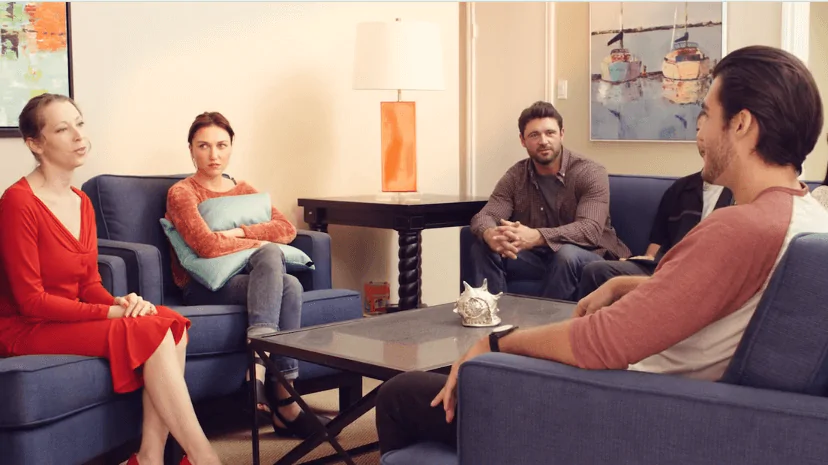24/7 Helpline:
(866) 899-221924/7 Helpline:
(866) 899-2219
Learn more about Opioid Rehab centers in Alachua
Opioid Rehab in Other Cities

Other Insurance Options

Oxford

CareSource

AllWell

Carleon

Covered California

MHNNet Behavioral Health

United Health Care

Aetna

Absolute Total Care

Sutter

UMR

BlueCross

Health Net

Anthem

Health Partners

Lucent

Cigna

PHCS Network

Medical Mutual of Ohio

Group Health Incorporated

Better Beginnings
Better Beginnings is a private rehab located in Alachua, Florida. Better Beginnings specializes in t...














